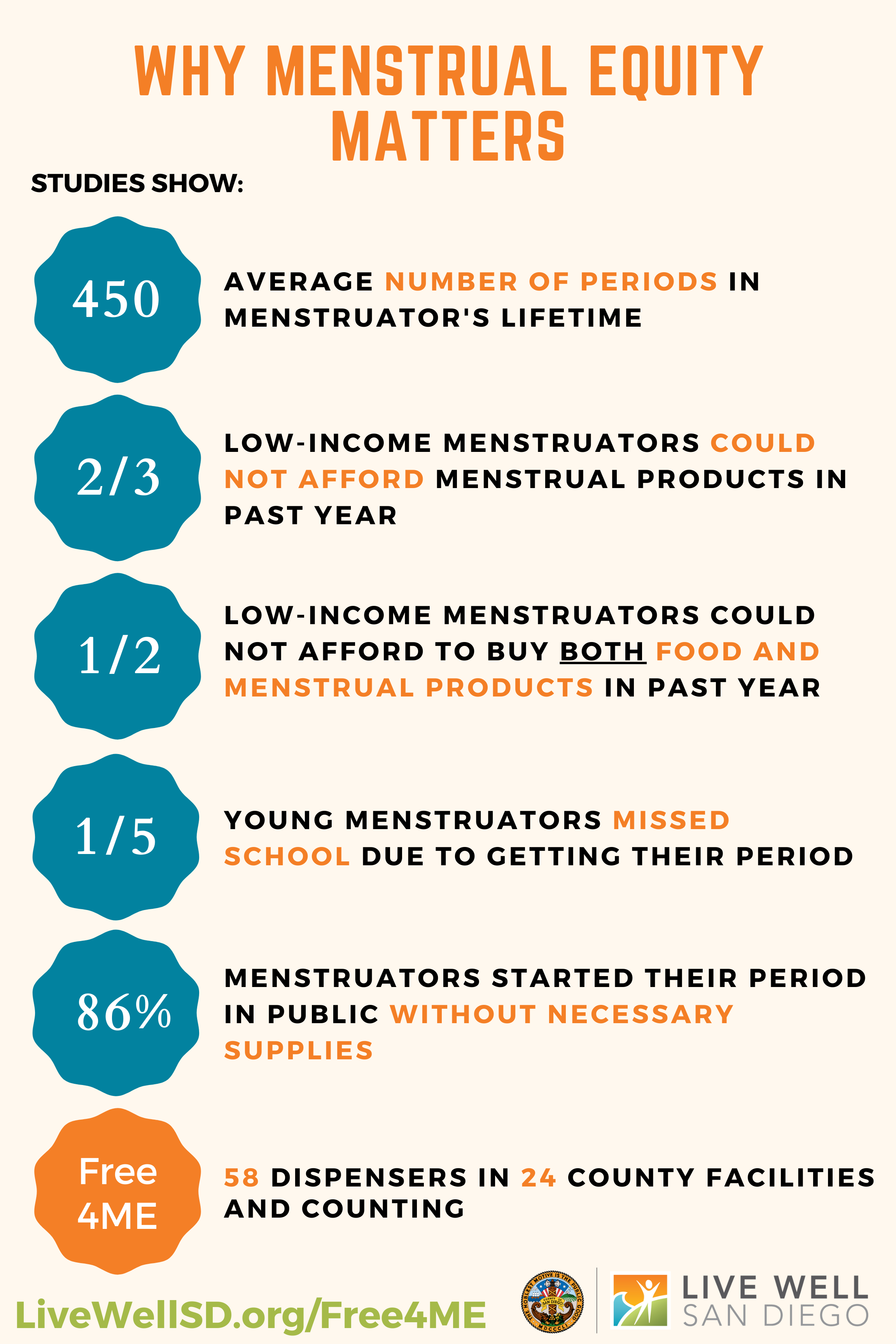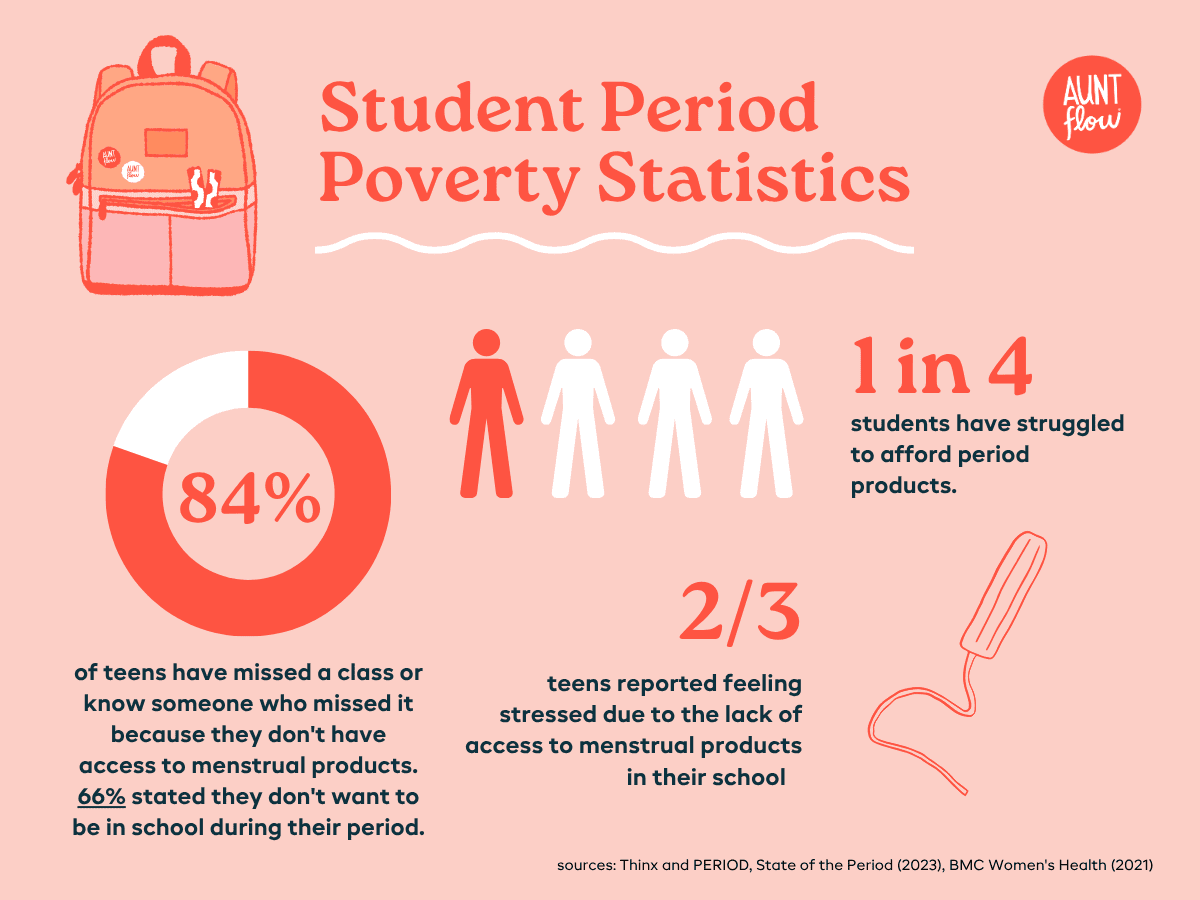Period Closet Project
We believe that access to menstrual hygiene products should be a fundamental human right.
That’s why we’re committed to providing free menstrual hygiene products to anyone who menstruates in the Lewis-Clark Valley—regardless of gender identity or sexual orientation.
To understand why this mission matters to us, it’s important to first understand what Period Poverty and Menstrual Equity are—and why they are vital issues in our community and beyond.
Period Poverty
“Period poverty is defined as inadequate access to menstrual hygiene tools and education, including but not limited to sanitary products, washing facilities and waste management.”
- Shelby Davies, MD, Grace Clarke, Noreena Lewis, JD. Period Poverty: The Public Health Crisis We Don't Talk About
According to the United Nations Population Fund, period poverty refers to the struggle many low-income menstruators face in affording essential menstrual products. The term also highlights the broader economic vulnerability caused by the ongoing financial burden of menstruation. This includes not only pads and tampons, but also related expenses like pain relief medication, hygiene supplies, and underwear.
When individuals can’t afford menstrual products, they may be forced to miss school or work, leading to long-term consequences for their education, income, and overall well-being. Period poverty can also worsen existing inequalities, sometimes pushing menstruators toward unsafe or unsanitary coping methods that further impact their health and dignity.
(source: UNFPA. Menstruation and human rights - Frequently asked questions.
Menstrual Equity
“The most commonly recognized definition refers to the affordability, accessibility and safety of menstrual products. But menstrual equity is not just defined by products — it is also about education and reproductive care. It’s about making sure that people have the needs, support, and choices to decide how they want to take care of their menstrual health. And it’s about finally ending the stigma around periods that has prevented not only decision-makers, but also healthcare providers, educators and individuals from ensuring that menstrual health is a priority.”
- Women’s Voices for the Earth.What Does Menstrual Equity Mean to You?
500 million people lack access to menstrual products and hygiene facilities.
- Journal of Global Health Reports
Michel J, Mettler A, Schönenberger S, Gunz D. Period poverty: why it should be everybody’s business. Journal of Global Health Reports. 2022;6:e2022009. doi:10.29392/001c.32436
Tax on menstrual products in the US ranged from 4.7% to 10% in 2019.
- Journal of Global Health Reports
Michel J, Mettler A, Schönenberger S, Gunz D. Period poverty: why it should be everybody’s business. Journal of Global Health Reports. 2022;6:e2022009. doi:10.29392/001c.32436
With the support of community fundraising and donations, we can work together to end period poverty in the Lewis-Clark Valley.
Interested in donating to the Period Closet Project? Send us an email (spiritnightcoven@gmail.com) to
donate unopened items, or contribute monetary donations here.
Items we accept for donation:
Tampons
Disposable Pads
Reusable Pads
Menstrual Cups
Menstrual Rings/Discs
Pregnancy Tests
Emergency Contraceptives
Annual Reports
2024
2023



